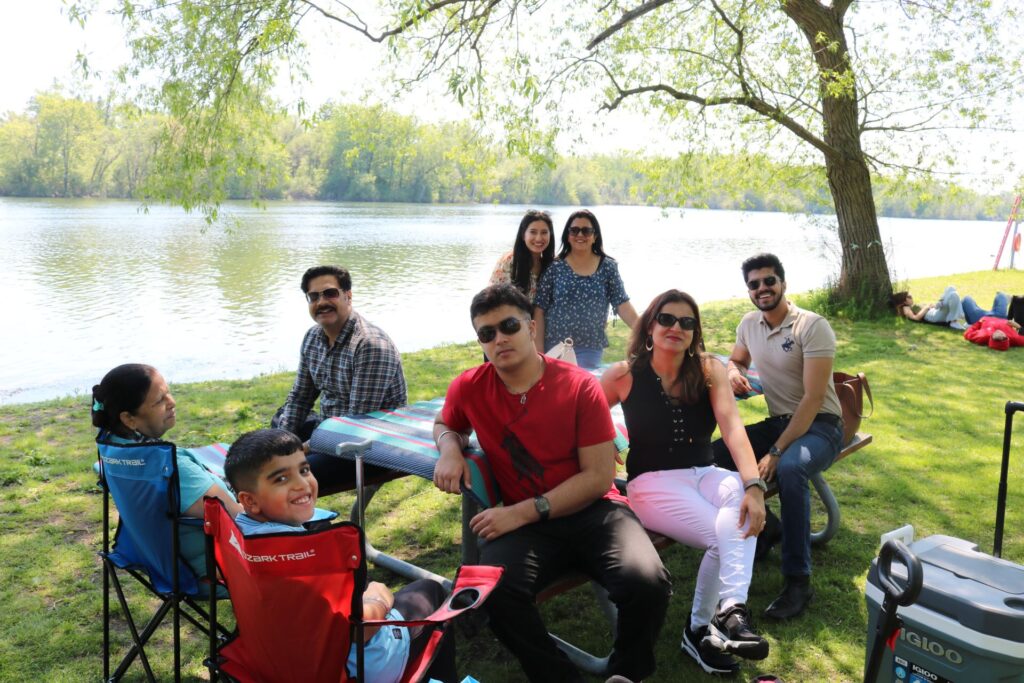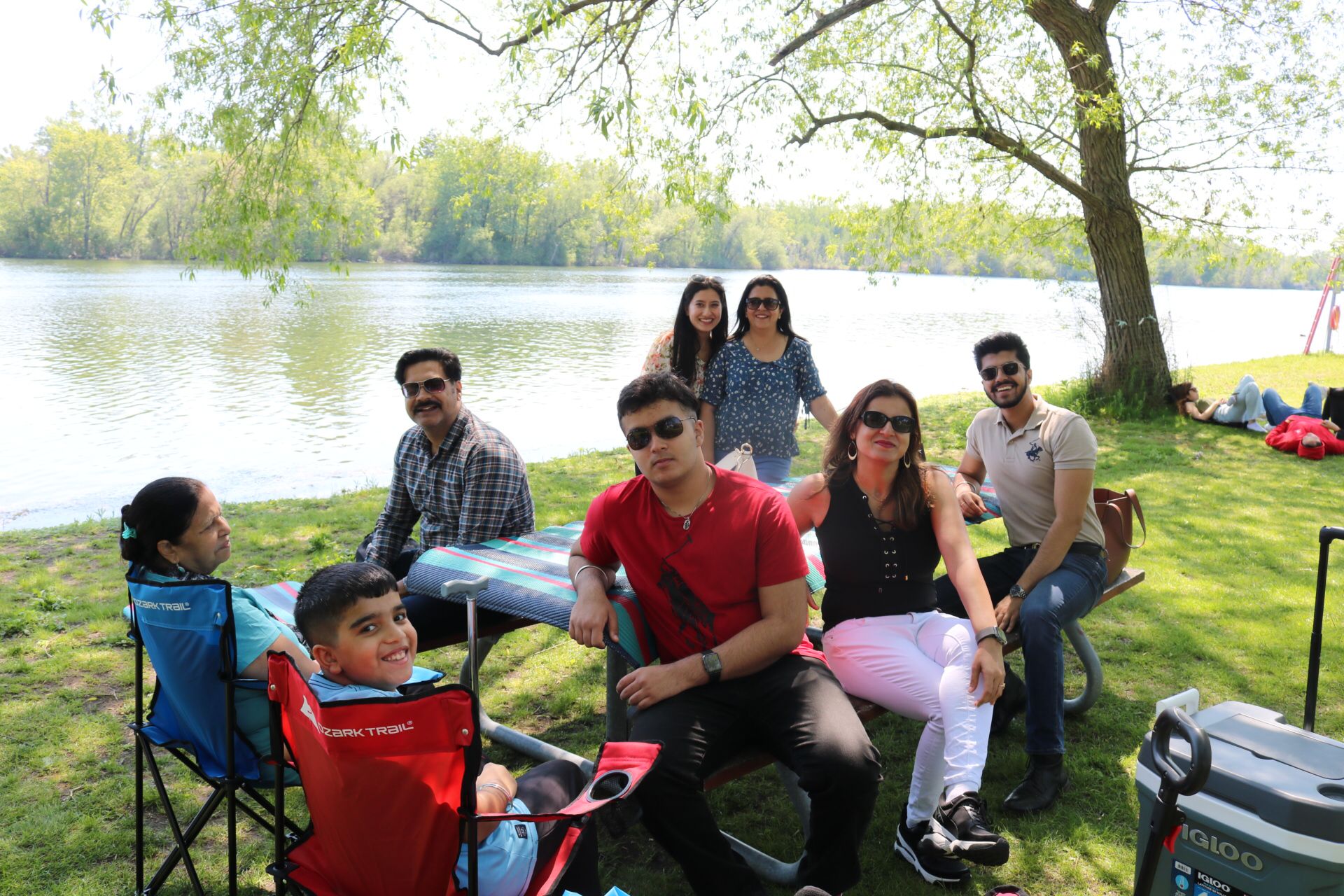Embracing the Power of Unconditional Love

Introduction:
Familial relationships form the foundation of our lives, shaping our identities and providing us with love, support, and a sense of belonging. From the bonds between parents and children to the connections forged between siblings, grandparents, and extended family members, these relationships are intricate, diverse, and full of complexities. In this blog, we will delve into the depth and beauty of familial relationships, exploring their significance, dynamics, and the ways in which they shape our lives.
Table of Contents
I. The Importance of Familial Relationships:
Family is often considered the most vital and fundamental unit of society. It is within the family that we learn the core values, beliefs, and traditions that shape our worldview. Familial relationships provide emotional support, a sense of security, and a place where we can be ourselves without fear of judgment. They offer a sanctuary in times of joy, sorrow, and everything in between. Research consistently shows that strong familial bonds contribute to our overall well-being and happiness.
II. Parent-Child Relationship:
The parent-child relationship is arguably the most profound and influential connection in a person’s life. Parents are our first teachers, guiding us through the early stages of life, providing us with love, care, and nurturing. They play a crucial role in our emotional, intellectual, and social development. From the unconditional love a parent offers to the life lessons they impart, the parent-child bond is a bedrock of support and guidance.
III. Sibling Relationships:
Siblings share a unique and complex bond. They are companions, confidants, and sometimes even rivals. Sibling relationships are often characterized by a mixture of love, competition, and shared experiences. While sibling dynamics can vary widely, they often serve as lifelong sources of support, camaraderie, and friendship. Siblings shape our social skills, teach us negotiation and compromise, and provide us with a sense of belonging.
IV. Extended Family:
Beyond parents and siblings, extended family members play a significant role in our lives. Grandparents, aunts, uncles, and cousins bring richness and diversity to our familial connections. They provide us with additional sources of wisdom, support, and guidance. Extended family members often contribute to our cultural heritage, passing down traditions, stories, and values from generation to generation. These relationships foster a sense of interconnectedness and a wider network of support.
V. Blended Families and Step-relationships:
In today’s society, blended families and step-relationships are becoming increasingly common. These relationships introduce a new layer of complexity, as individuals navigate the merging of families and the establishment of new connections. Blended families require patience, understanding, and open communication to create a harmonious environment where everyone feels included and valued.
VI. Adoption and Foster Care:
Adoption and foster care relationships demonstrate the boundless capacity of love and care within families. Adoptive parents provide a nurturing and stable environment for children who have joined their family through legal means. These relationships exemplify the power of love to transcend biological connections. Similarly, foster care relationships offer temporary care and support to children who need a safe haven, highlighting the profound impact that a loving and nurturing environment can have on a child’s well-being.
VII. Navigating Challenges in Familial Relationships:
While familial relationships bring immense joy and fulfillment, they can also face challenges. Conflicts, misunderstandings, and differences of opinion are natural in any relationship, and families are no exception. Effective communication, empathy, and active listening play crucial roles in resolving conflicts and strengthening familial bonds. It is essential to recognize that each family is unique, and there is no one-size-fits-all approach to maintaining healthy relationships. Patience, respect, and a willingness to work through difficulties are essential in nurturing strong familial connections.
VIII. Celebrating and Honoring Familial Relationships:

Family traditions and celebrations are an integral part of reinforcing familial bonds. Birthdays, holidays, and cultural festivals offer opportunities for family members to come together, create lasting memories, and strengthen their connection. These occasions provide a platform to express love, appreciation, and gratitude for the support and love received within the family.
IX. The Evolution of Familial Relationships:
Familial relationships evolve and change over time. As children grow into adults, they develop their own identities and may establish families of their own. This process brings about new dynamics and responsibilities, such as becoming parents and caregivers. The transition from being a child to a parent can be transformative, as individuals draw upon their own experiences to shape their parenting styles and create a nurturing environment for their own children.
X. The Role of Communication in Familial Relationships:
Effective communication is a cornerstone of healthy familial relationships. Open and honest communication allows family members to express their thoughts, feelings, and concerns, fostering understanding and resolving conflicts. Active listening, empathy, and respect are essential components of effective communication within the family unit. By cultivating a safe and non-judgmental space for communication, families can strengthen their bonds and create a supportive environment.
XI. Cultivating Strong Familial Relationships:

Building and maintaining strong familial relationships require effort and commitment from all family members. Some key elements in cultivating these relationships include:
- Quality Time: Spending quality time together is vital for building connections. Engaging in shared activities, having family meals, or simply having meaningful conversations can deepen bonds and create lasting memories.
- Support and Encouragement: Providing support and encouragement to family members in their endeavors helps foster a sense of belonging and boosts self-esteem. Celebrating achievements and offering a helping hand during challenging times can strengthen familial ties.
- Respecting Differences: Each family member is unique, with their own perspectives, beliefs, and interests. Respecting these differences and embracing diversity within the family fosters an inclusive environment where everyone feels valued.
- Resolving Conflicts Constructively: Conflicts are inevitable in any relationship, but it is how they are resolved that determines the health of familial bonds. Encouraging open dialogue, seeking compromise, and practicing forgiveness can help resolve conflicts and maintain harmony within the family.
- Expressing Love and Gratitude: Regularly expressing love and gratitude to family members reinforces the emotional connection. Simple acts of kindness, words of appreciation, and gestures of affection can go a long way in nurturing familial relationships.
XII. The Legacy of Familial Relationships:
Familial relationships have a lasting impact that extends beyond the present. The values, traditions, and experiences passed down through generations shape the collective identity of a family. Preserving and honoring these legacies strengthens family bonds and provides a sense of continuity and belonging. Sharing family stories, documenting family history, and participating in cultural practices are ways to honor and carry forward the rich tapestry of familial relationships.
Conclusion:
Familial relationships are a tapestry woven with love, support, and shared experiences. They provide us with a sense of belonging, shape our identities, and offer a lifelong source of connection and support. Nurturing and cherishing these relationships require ongoing effort, communication, and understanding. By investing in our familial bonds, we create a foundation of love and support that enriches our lives.
Our family members are the threads that weave together our lives, shaping our identities and influencing our journey. From the unbreakable bond between parents and children to the camaraderie among siblings and the interconnectedness of extended family, familial relationships are sources of joy, comfort, and resilience. Nurturing and cherishing these relationships is a lifelong endeavor, one that brings immeasurable rewards and leaves a lasting legacy for future generations. I strongly believe in family bonding and for me My Family is My Life.
Frequently Asked Questions
Q1. Why are familial relationships important?
A1. Familial relationships are important because they provide emotional support, a sense of belonging, and shape our identities. They offer a foundation of love and care, influencing our overall well-being and happiness.
Q2. What is the significance of the parent-child relationship?
A2. The parent-child relationship is significant as parents play a crucial role in a child’s emotional, intellectual, and social development. They provide love, guidance, and support, shaping their children’s values and beliefs.
Q3. How can conflicts in familial relationships be resolved?
A3. Resolving conflicts in familial relationships requires open communication, active listening, and empathy. Seeking compromise, practicing forgiveness, and maintaining respect are key in finding constructive resolutions.
Q4. What should be done to maintain strong familial relationships?
A4. Maintaining strong familial relationships involves spending quality time together, providing support and encouragement, respecting differences, resolving conflicts constructively, and expressing love and gratitude.
Q5. How do familial relationships evolve over time?
A5. Familial relationships evolve as children grow into adults, establish their own families, and take on new roles and responsibilities. The transition from being a child to a parent brings about changes in dynamics and priorities.
Q6. What can be done to preserve family legacies?
A6. Preserving family legacies can be done by sharing family stories, documenting family history, participating in cultural practices, and passing down traditions from one generation to the next. This helps strengthen family bonds and maintain a sense of continuity.
Q7. How can blended families and step-relationships be nurtured?
A7. Blended families and step-relationships can be nurtured by fostering patience, understanding, and open communication. Creating a harmonious environment where everyone feels included and valued is essential.
For Family Counselling visit my site: http://www.positiveworldcounselling.com


1 thought on “Familial Relationships”